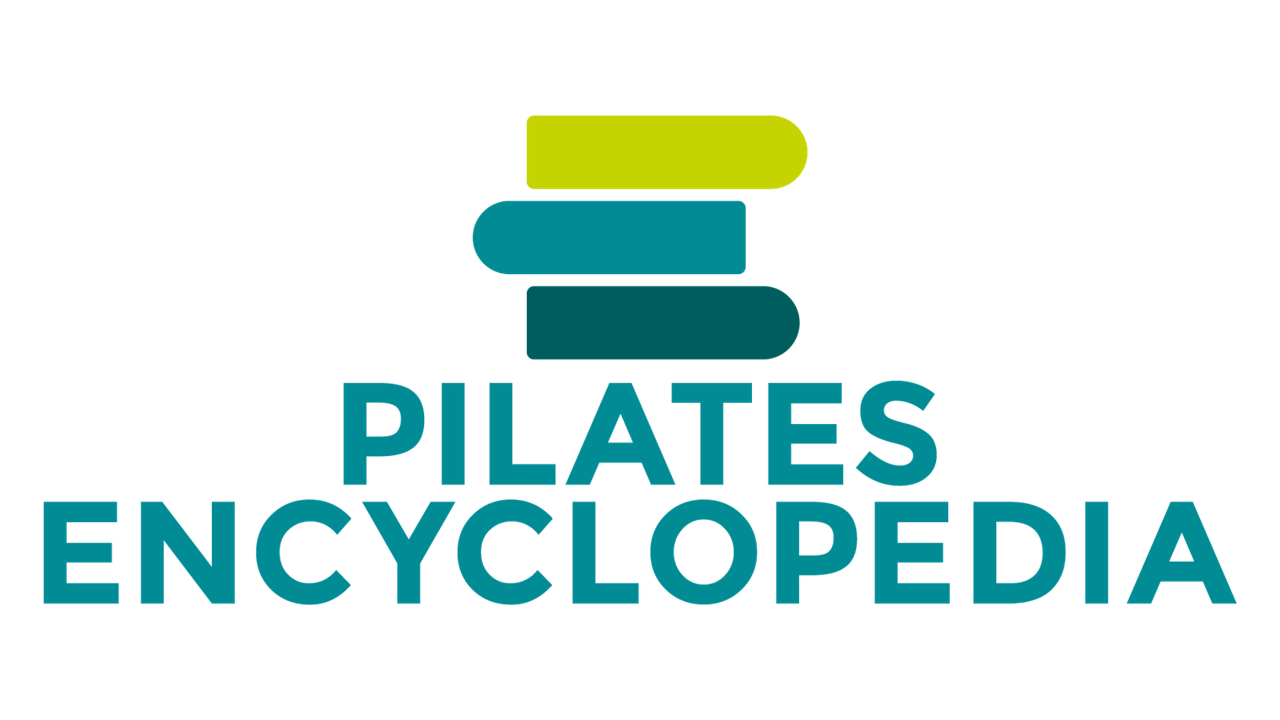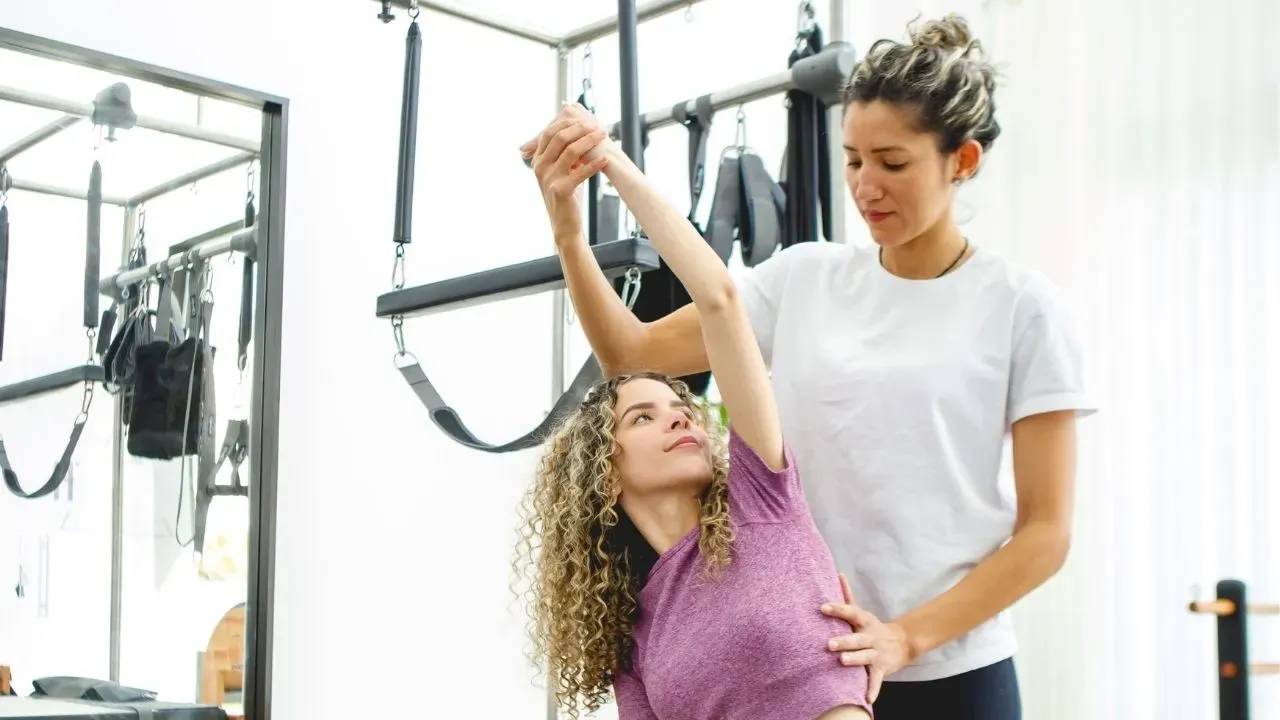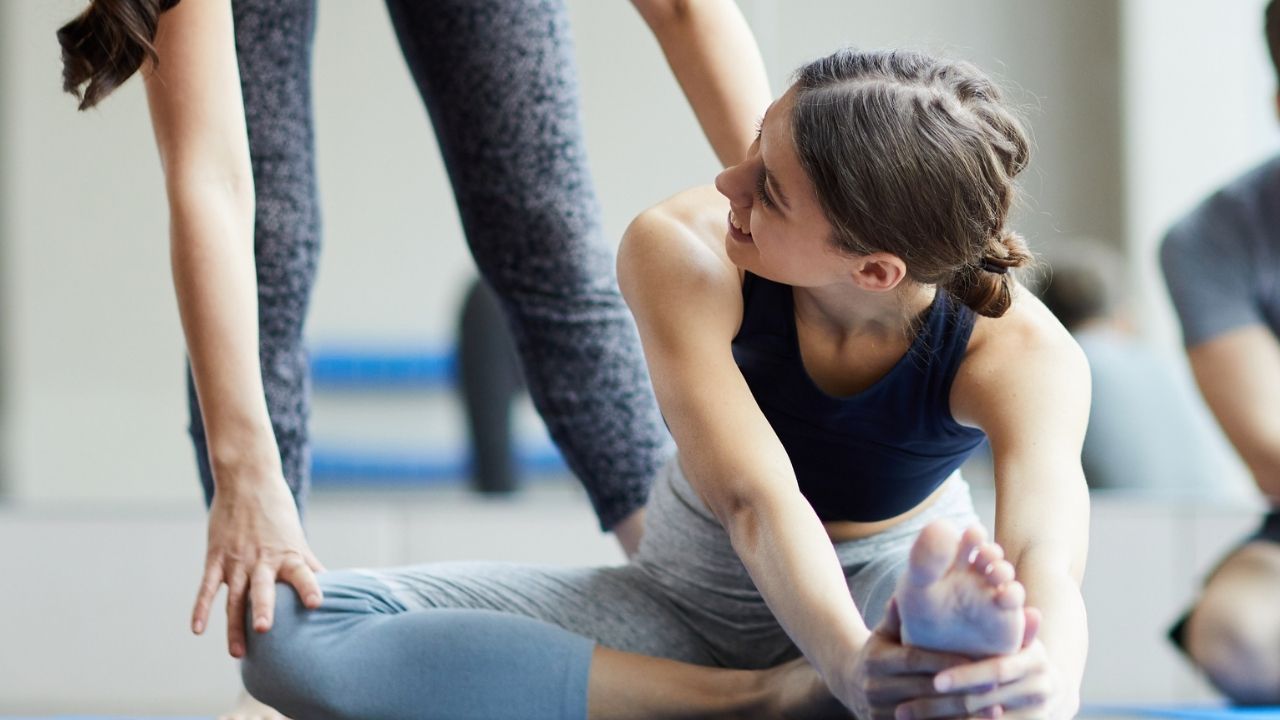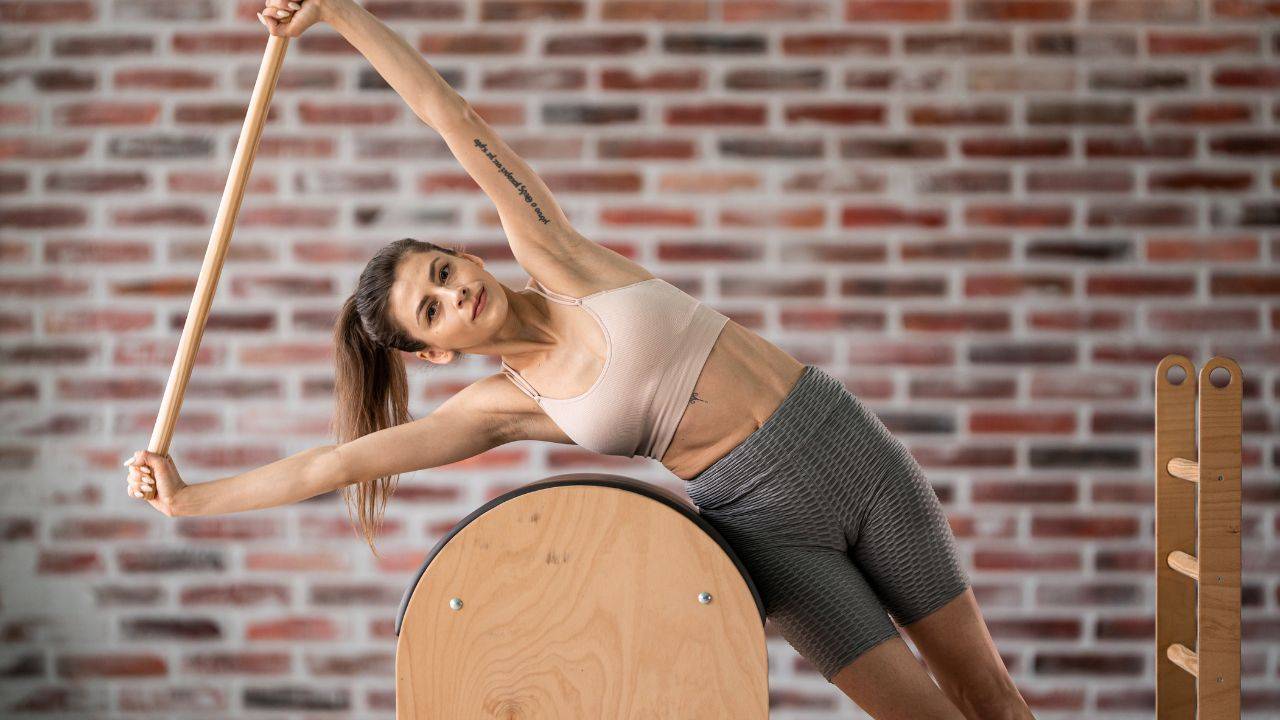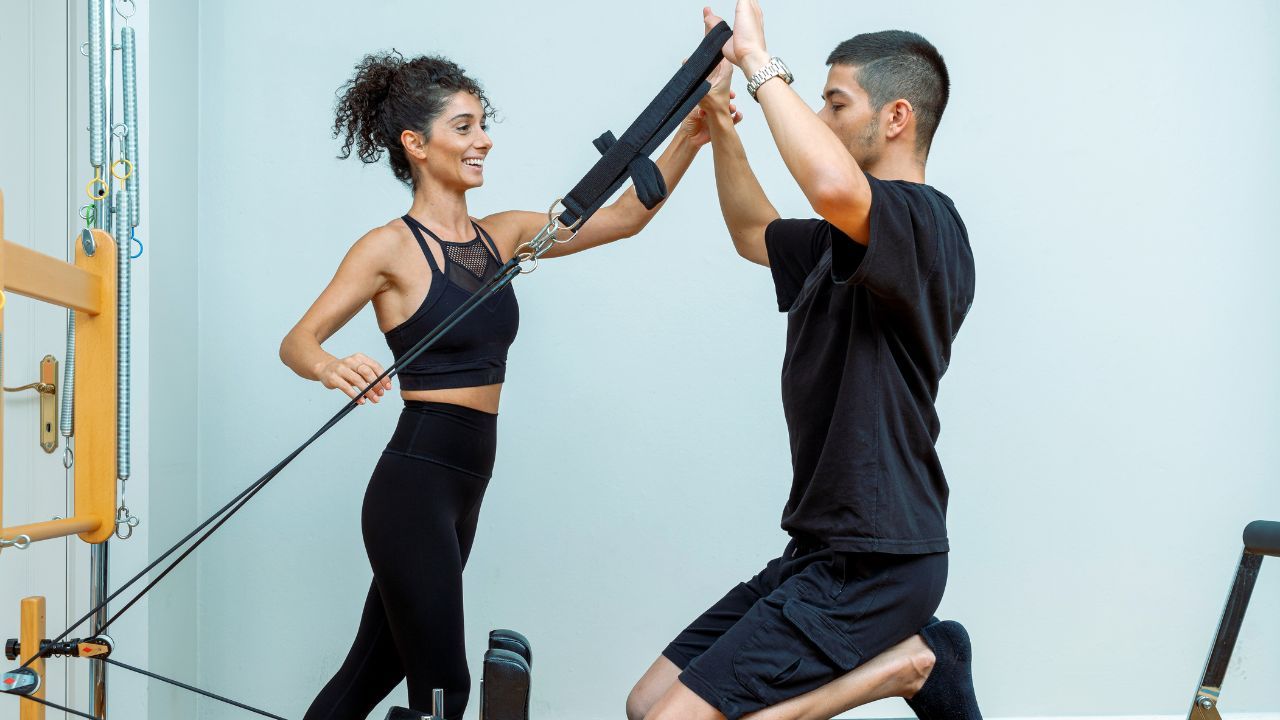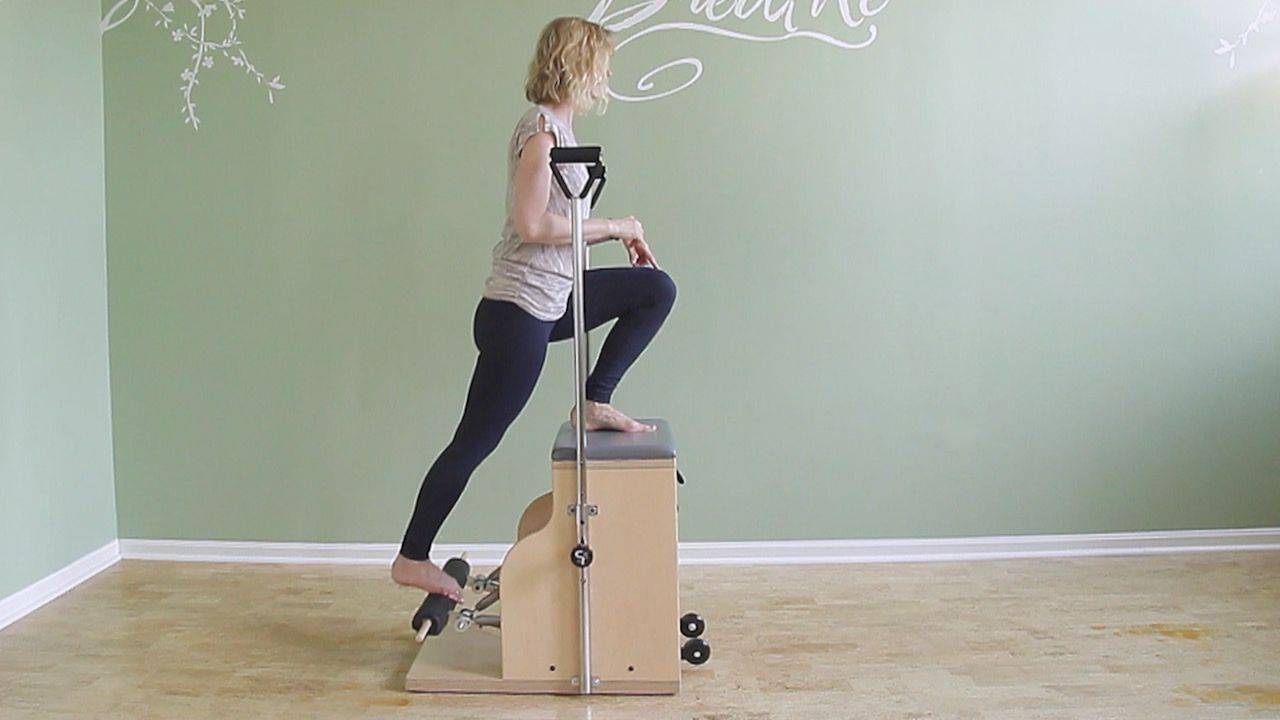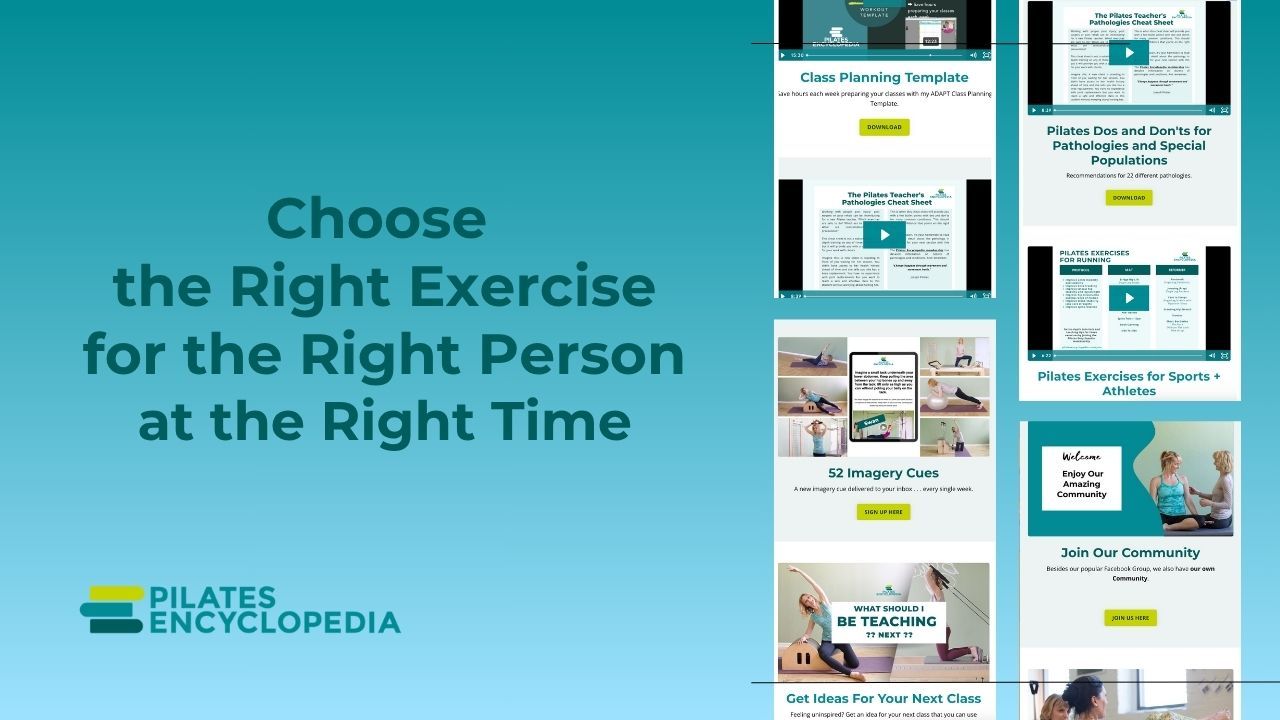Life as a Pilates Instructor: Andrea Chesek of Proper Pilates in Peachtree City, GA
Jun 16, 2021
Here's another in a series of conversations I had with Pilates instructors and studio owners about life as a Pilates instructor.
These honest conversations are a way to gain insight into what life is like as a Pilates teacher. If you're considering becoming a Pilates teacher, these conversations don't hold back. They prepare you for what you have to know.
These are some of the highlights from our conversation:
- It's good to gather experience working for a studio before opening up your own. It makes you feel confident about your teaching before you take on that responsibility of your own business.
- Teaching private sessions has a different energy than teaching group classes. You might enjoy one more than the other. Private sessions offer a much deeper level of individualization and you get to know your students better.
- In a group class, you're going to get better at what you're already good at. And in private sessions, you're going to get better at what you're not good at.
- It's easier for students to cheat in a group class than a private session.
- For many Pilates teachers, being with people is their favorite part of this profession. Most of us are drawn to help people in need.
- Teaching Pilates takes 110% of your energy and your concentration. It can be very tiring.
- Creativity in teaching is a wonderful thing, but too much creativity can slow your student's progress.
- Why we can sometimes be too critical with our students.
Watch or listen here:
To get in touch with Andrea, visit their studio website at https://www.properpilatesstudio.com/
Now I want to hear from you: What's your favorite and least favorite part of being a Pilates instructor? Shoot me an email.

Listen to more "Life As A Pilates Instructor" conversations:
Linda Brown of Completely Fit 4 Life in Auburn, California
Gail Giovanniello from Mind Your Body in New York City
Stephanie Glickman from Armature Pilates in Brunswick East, Australia

